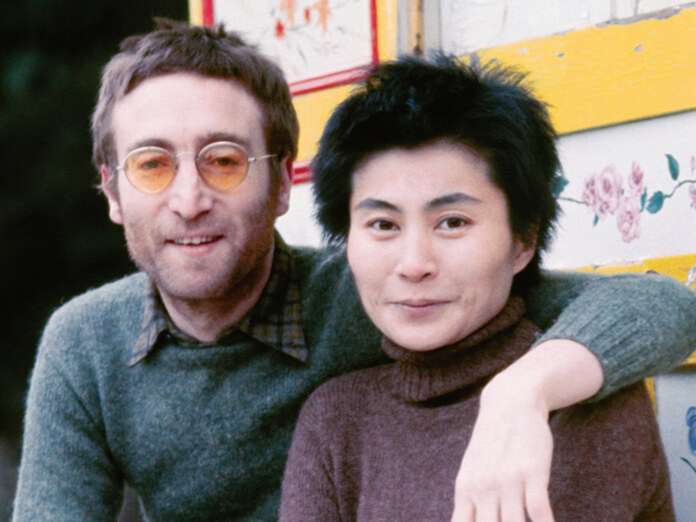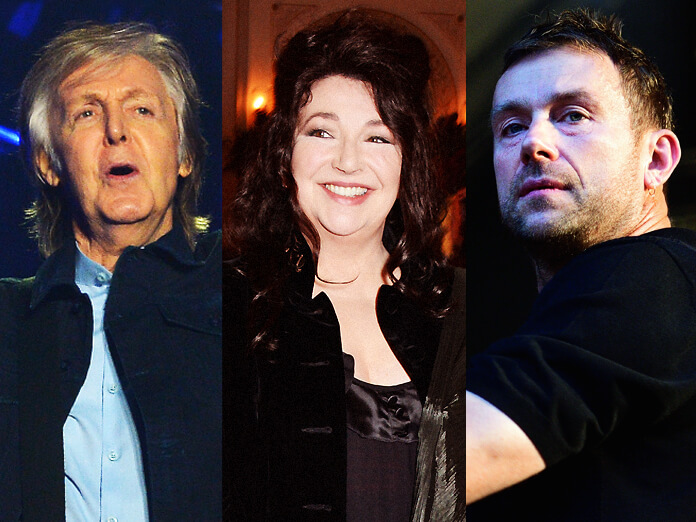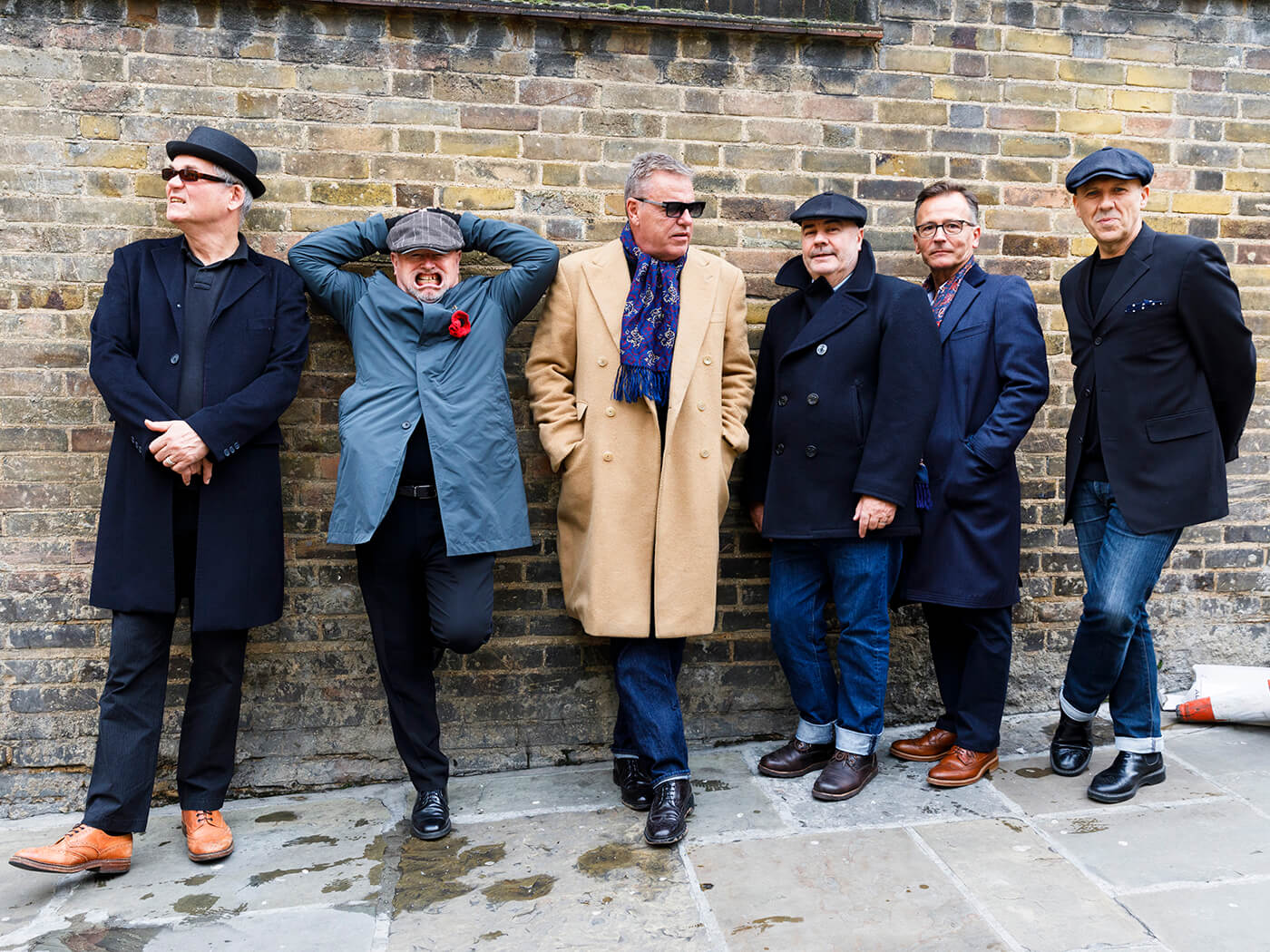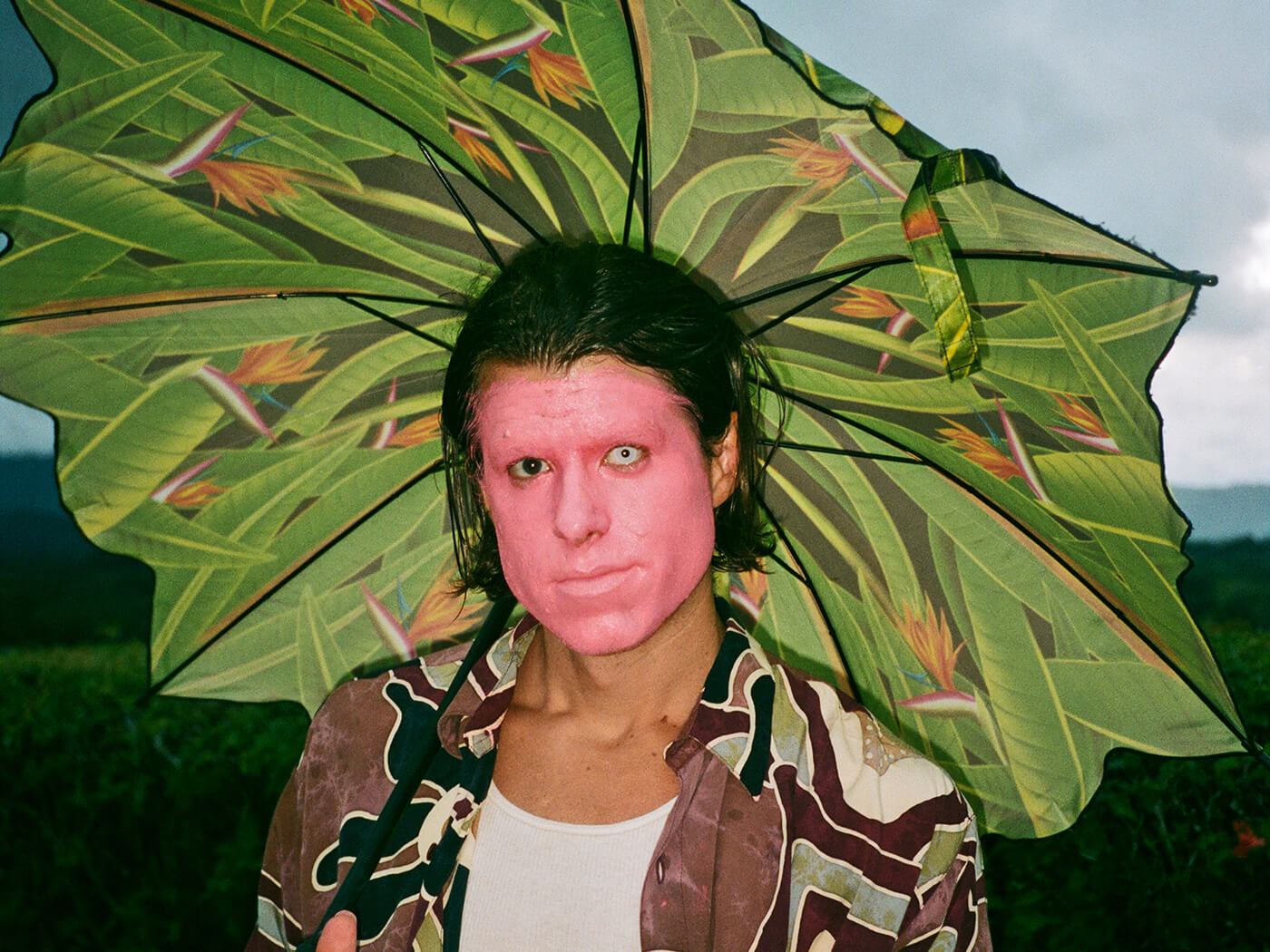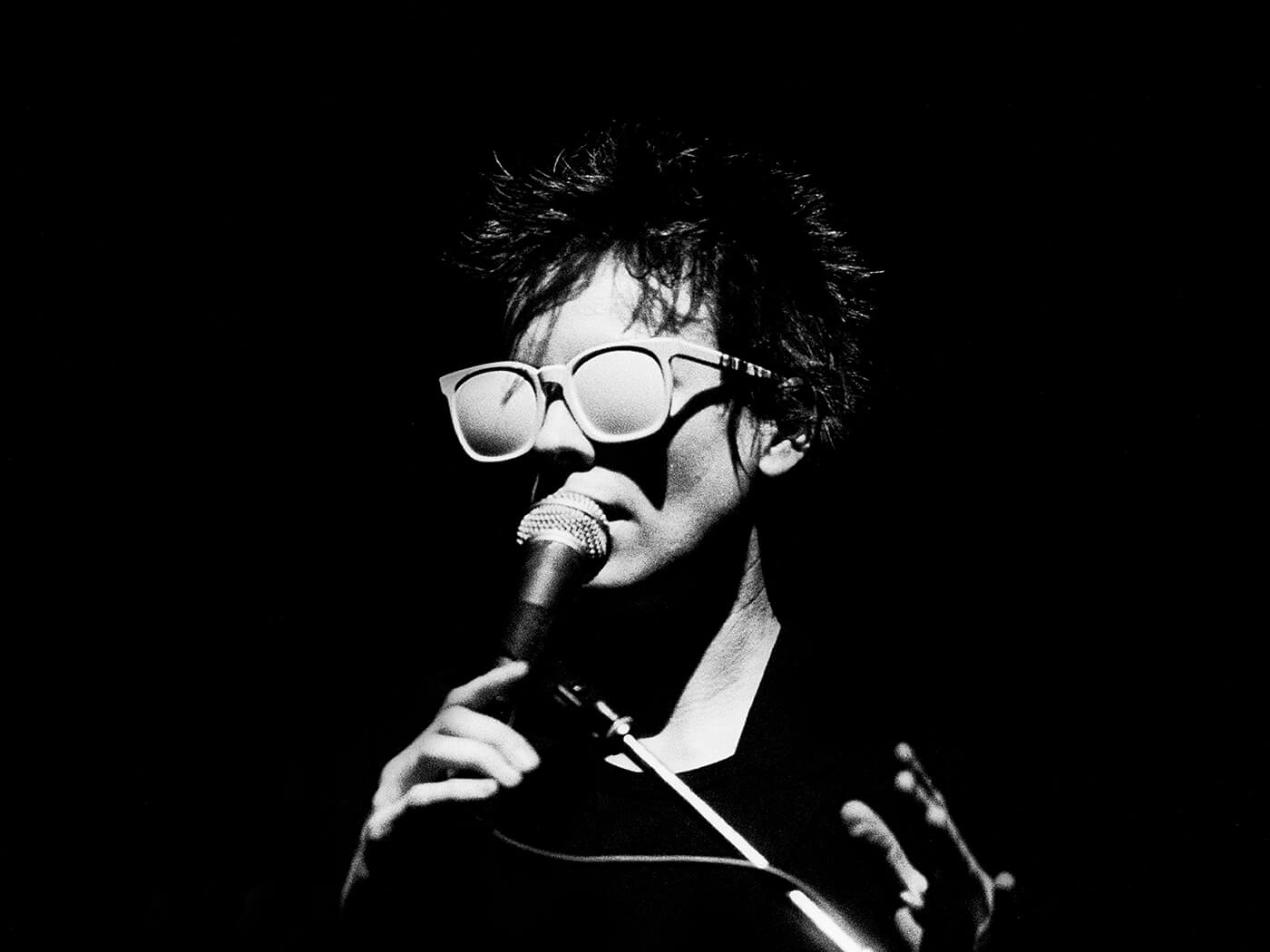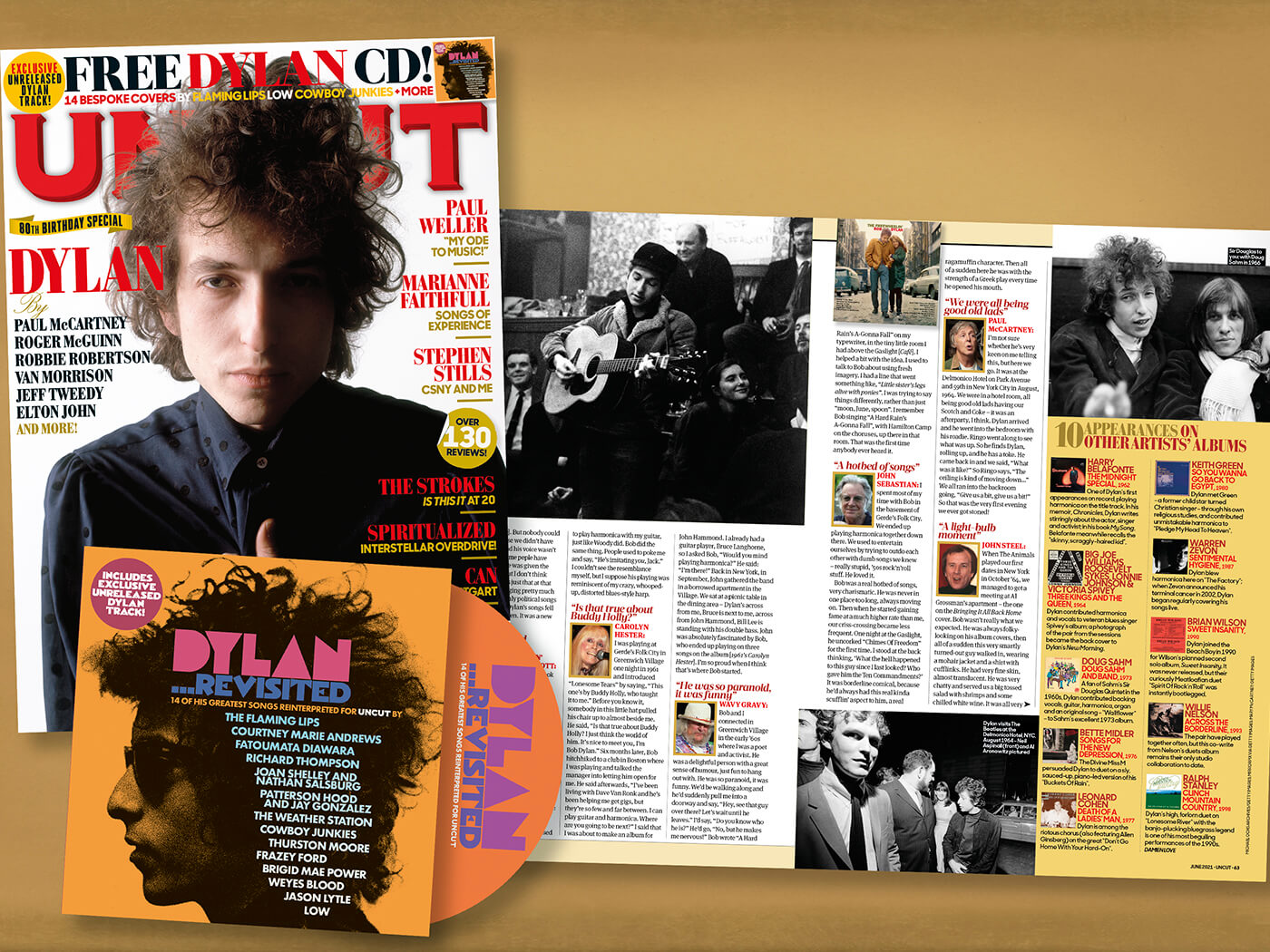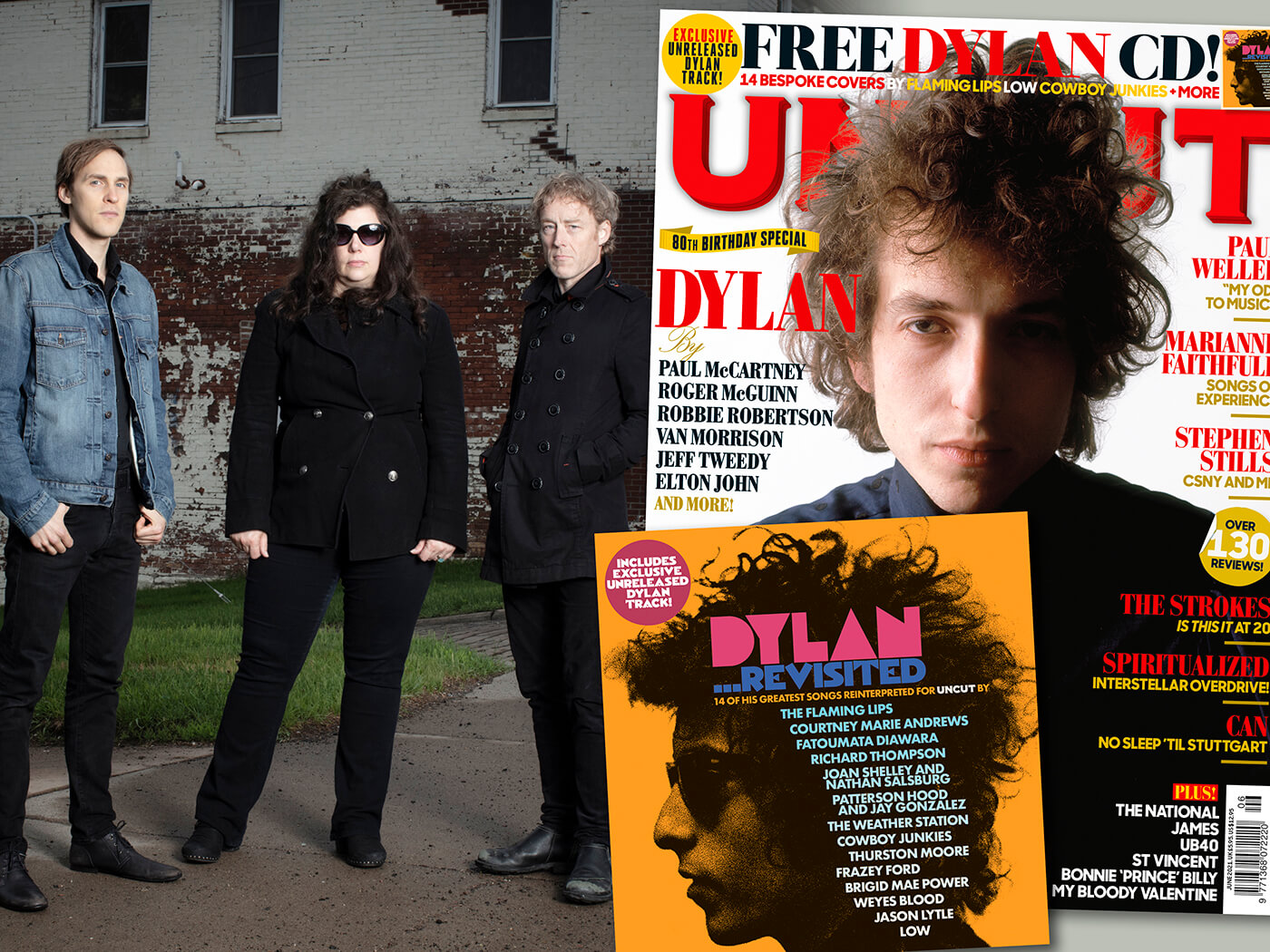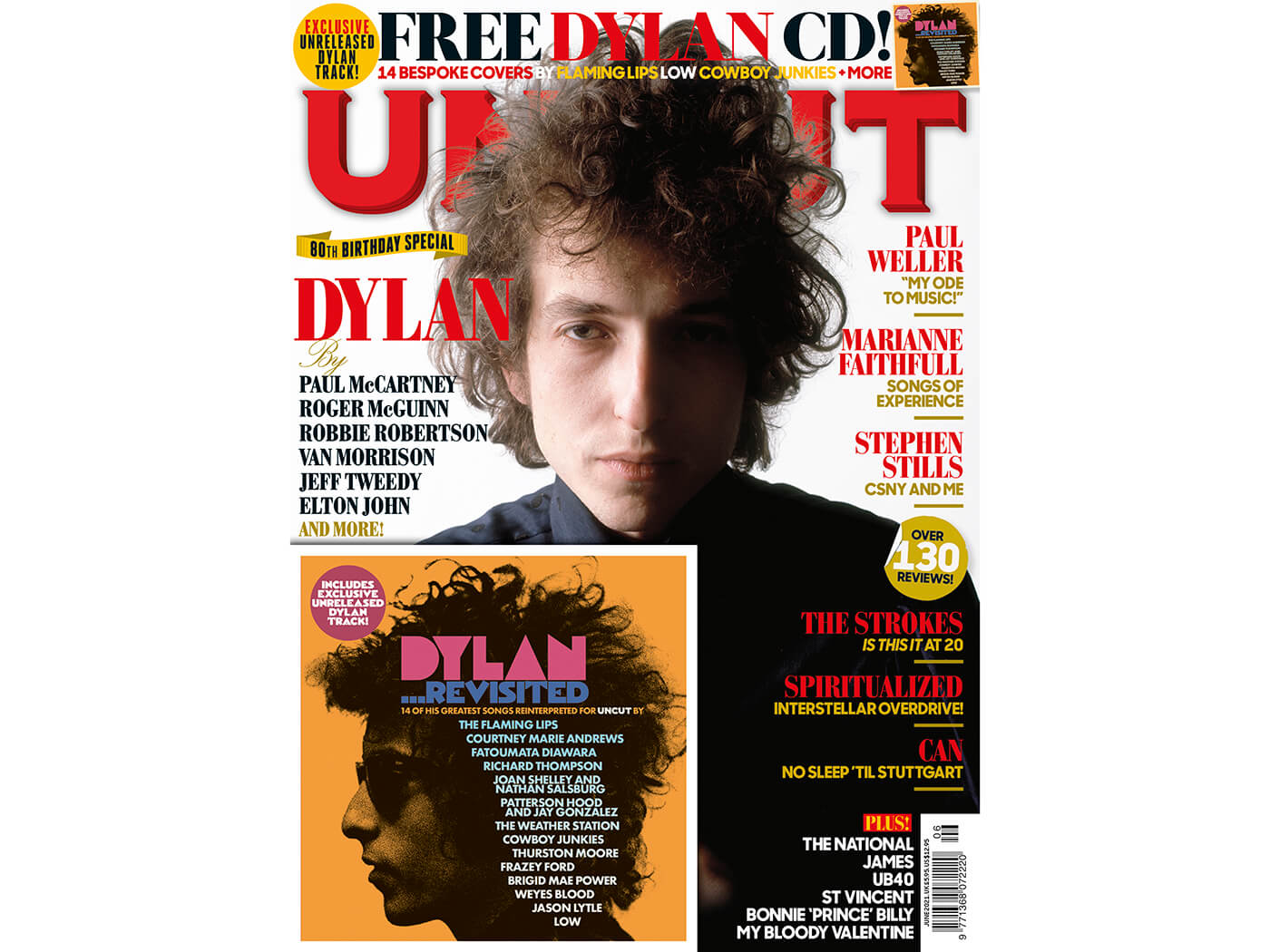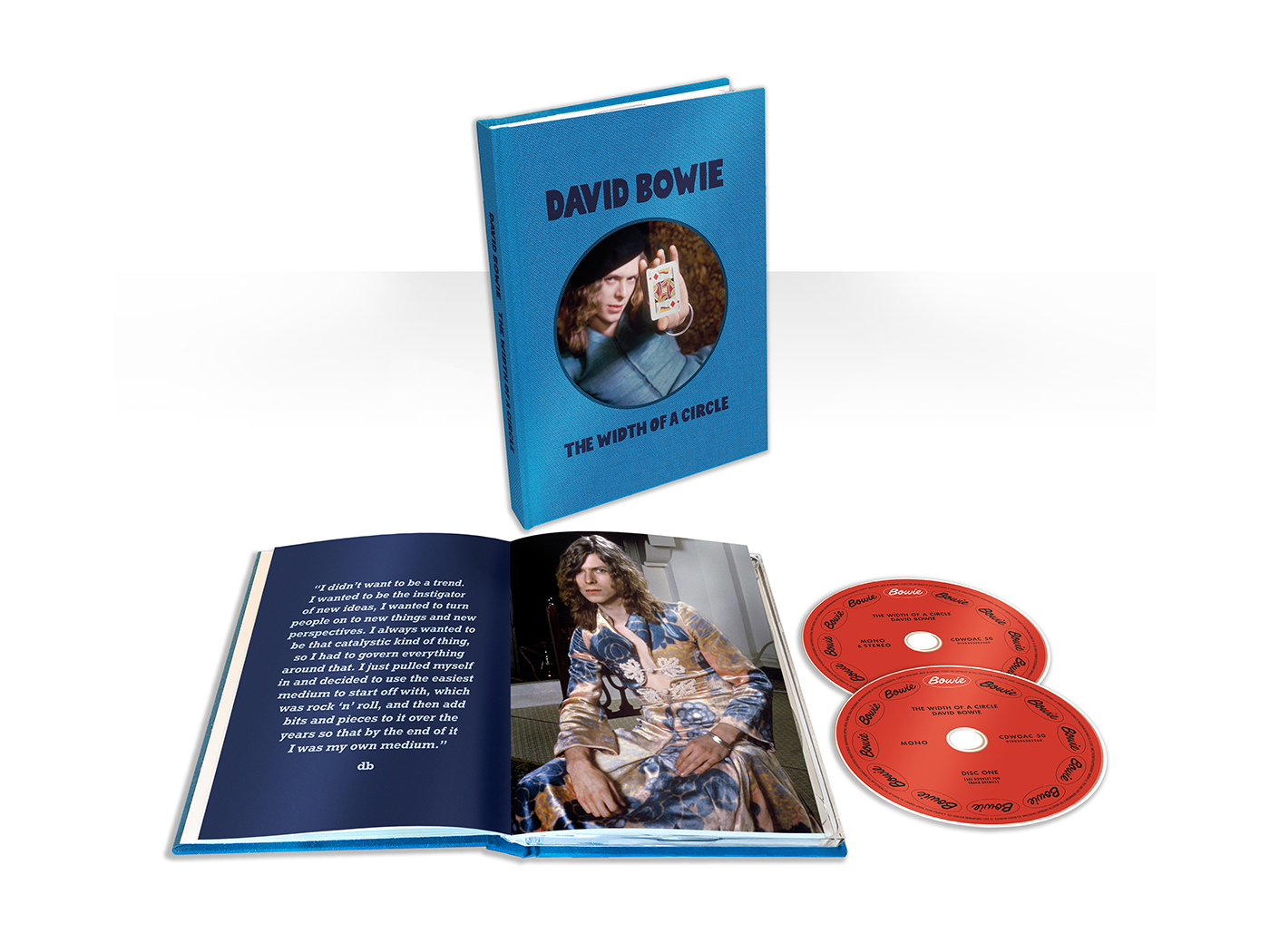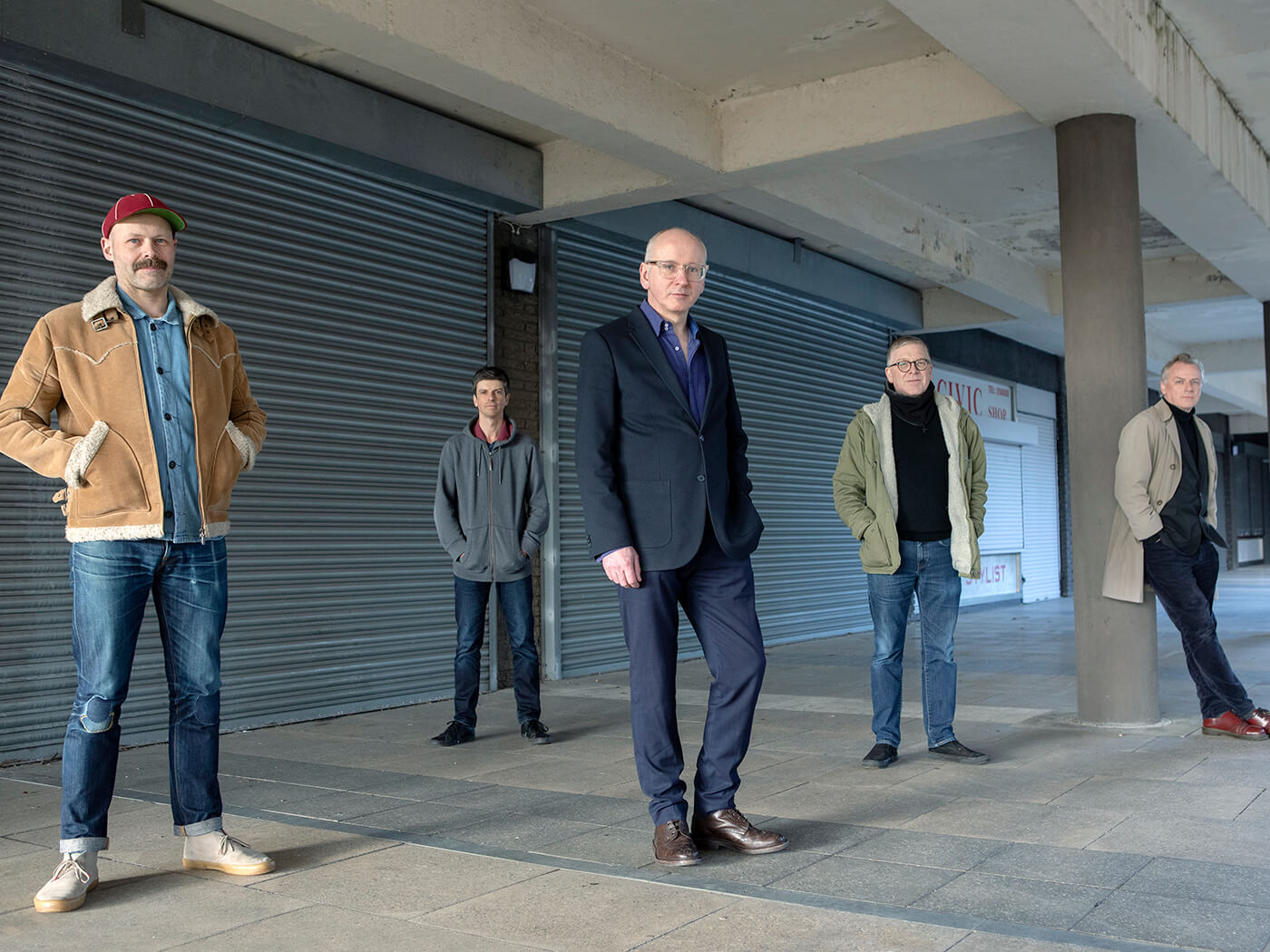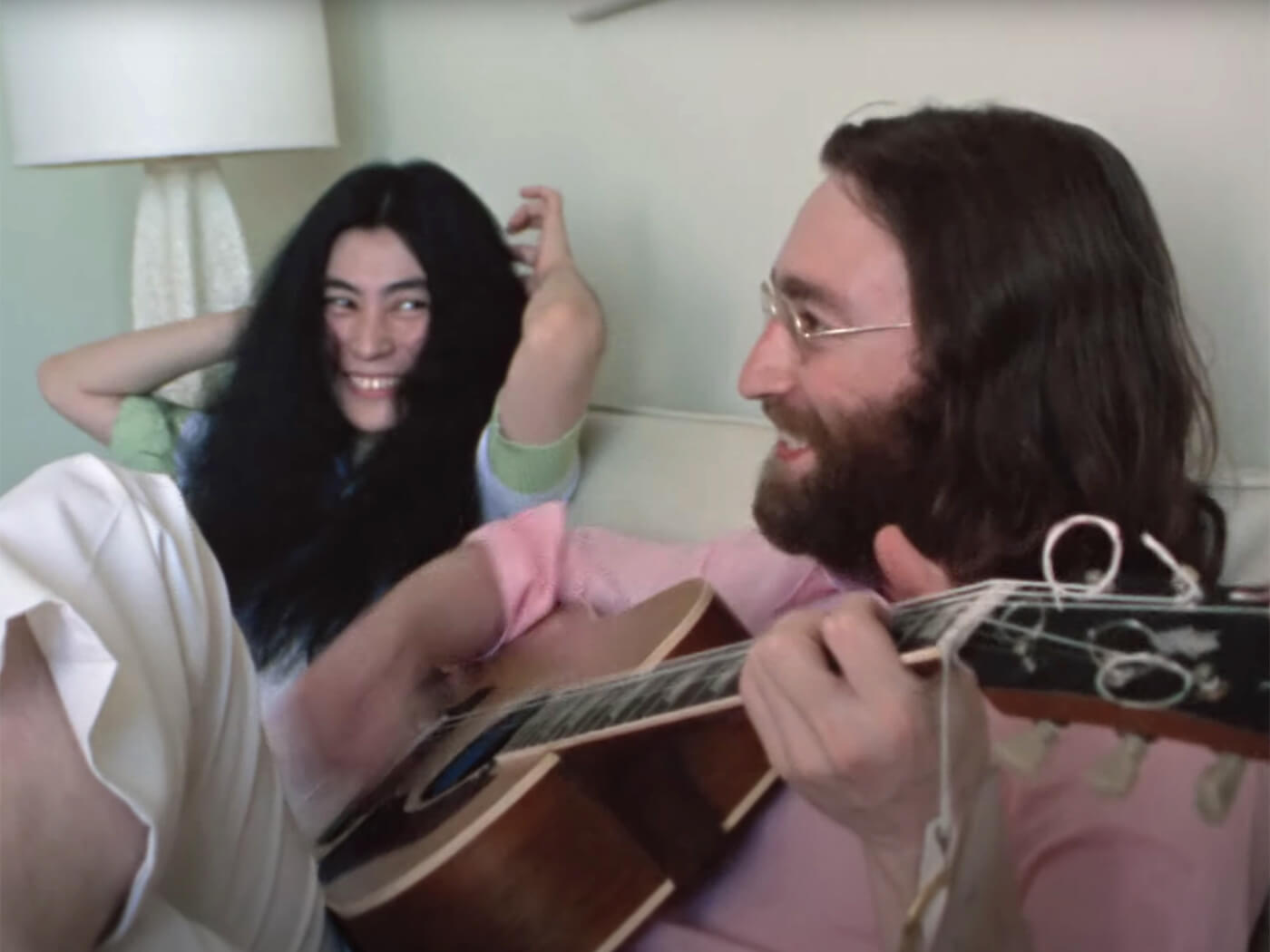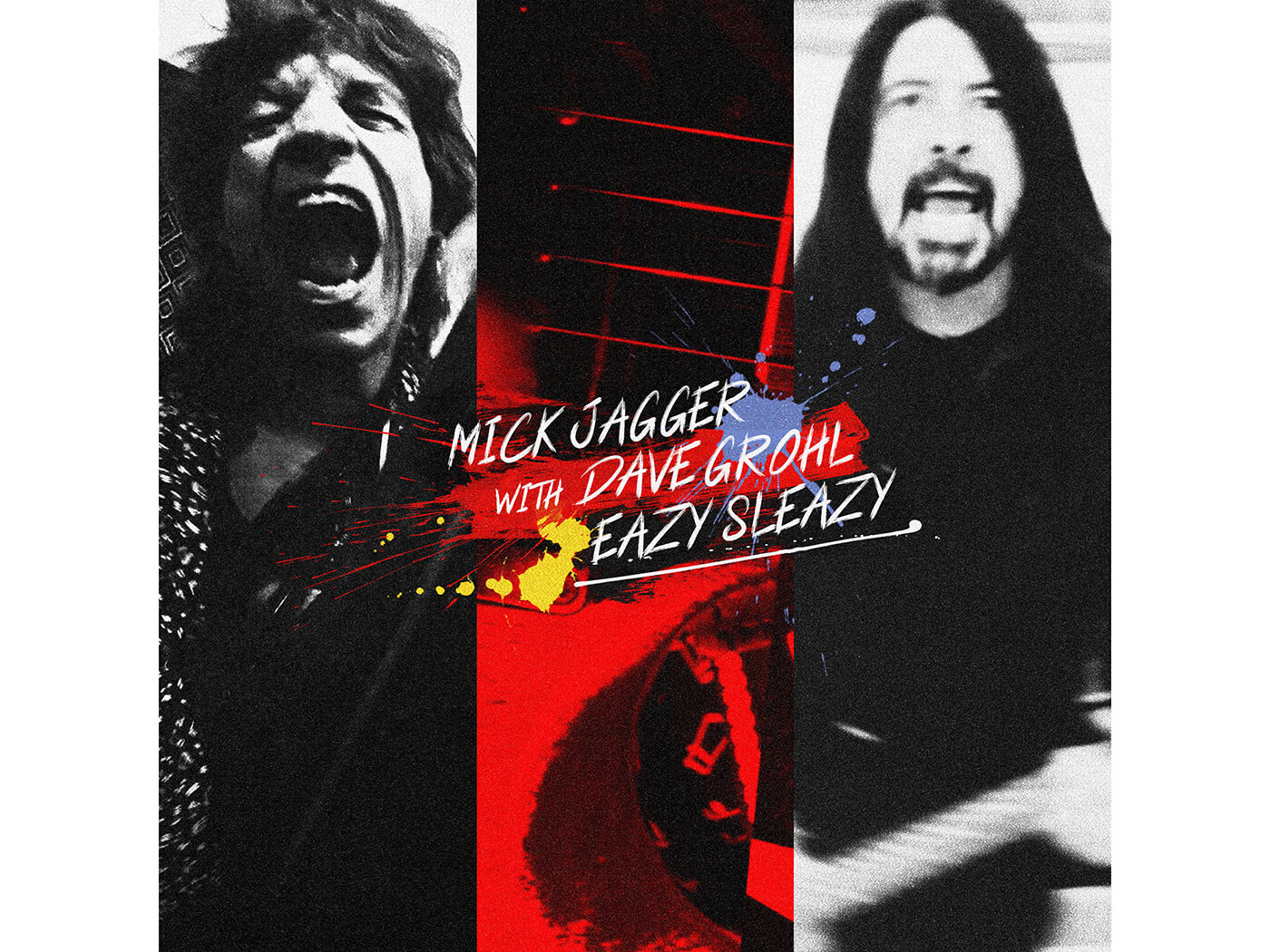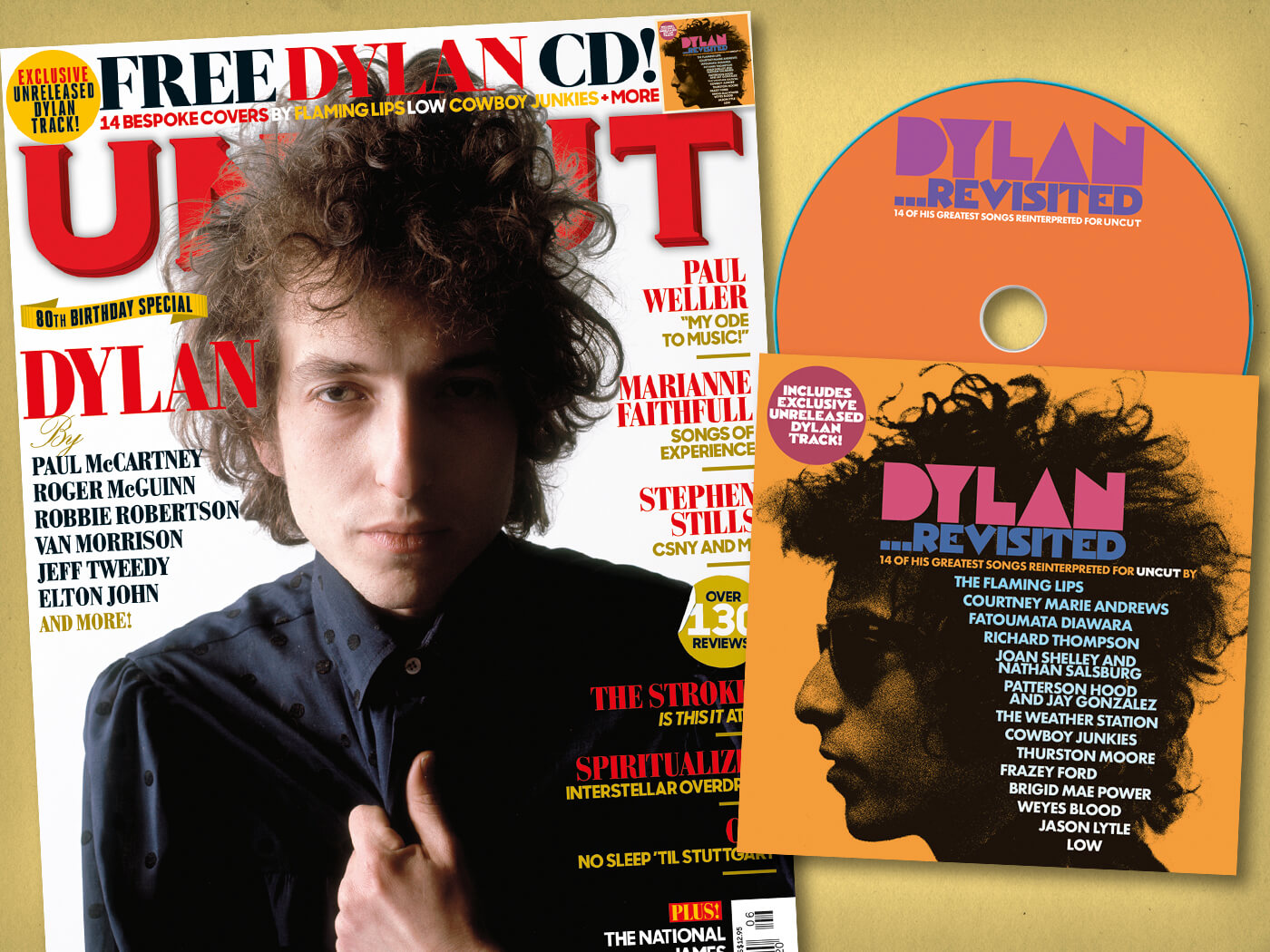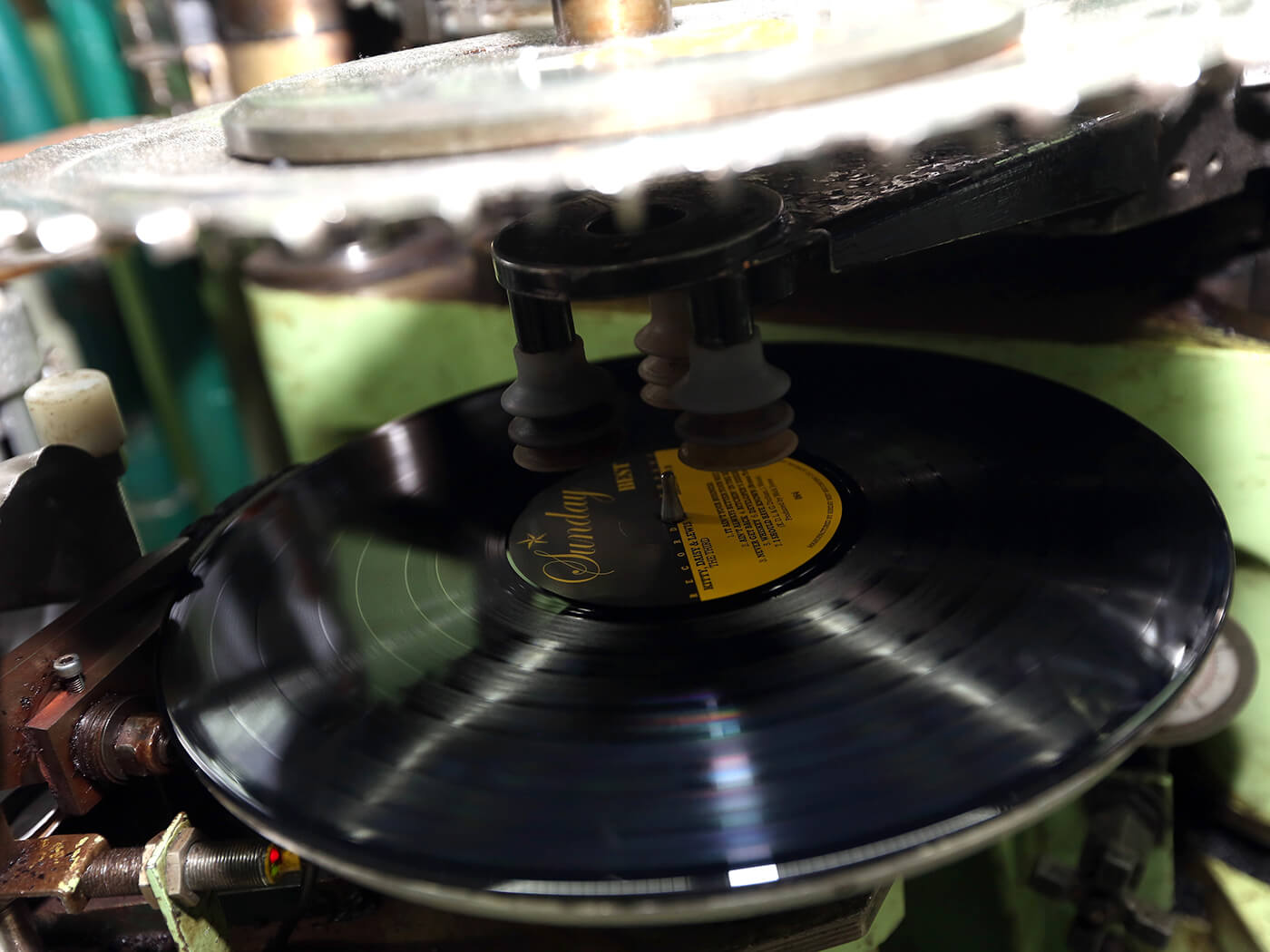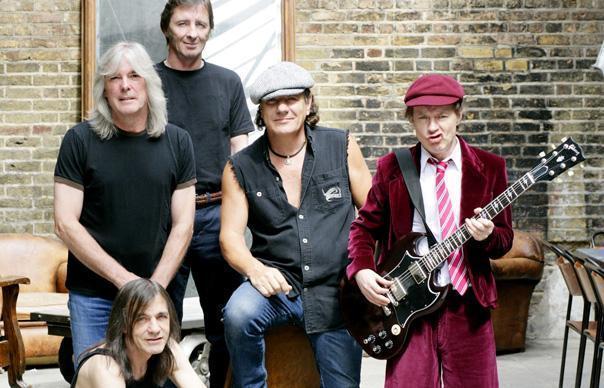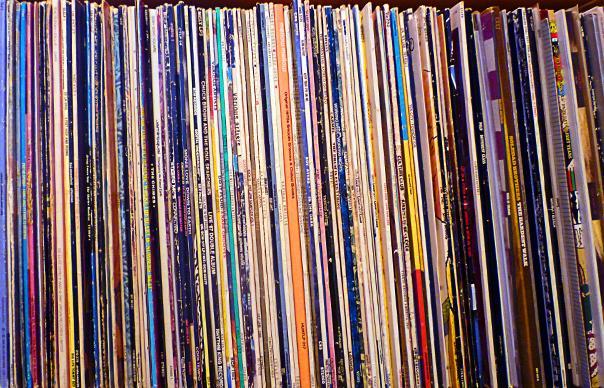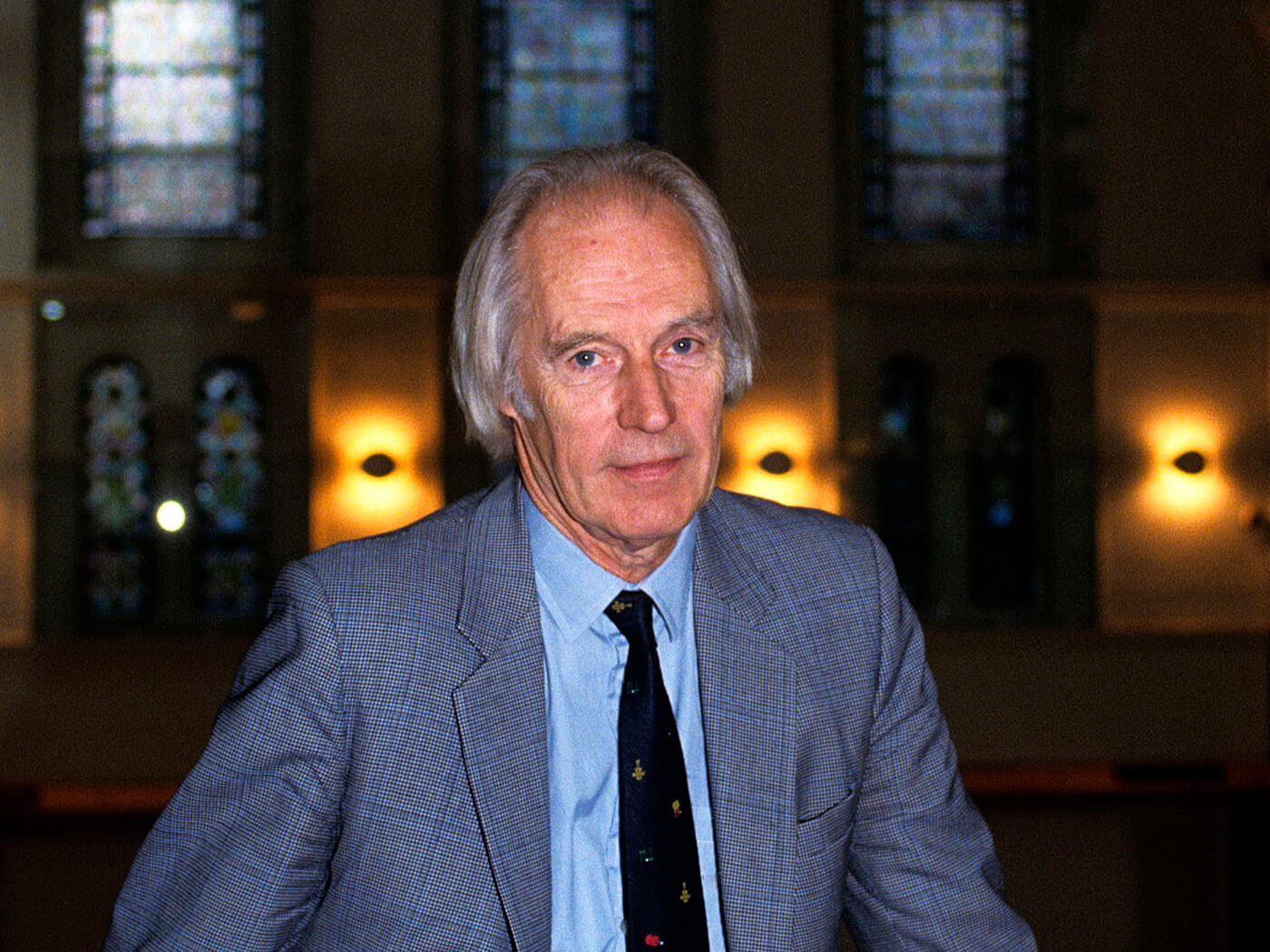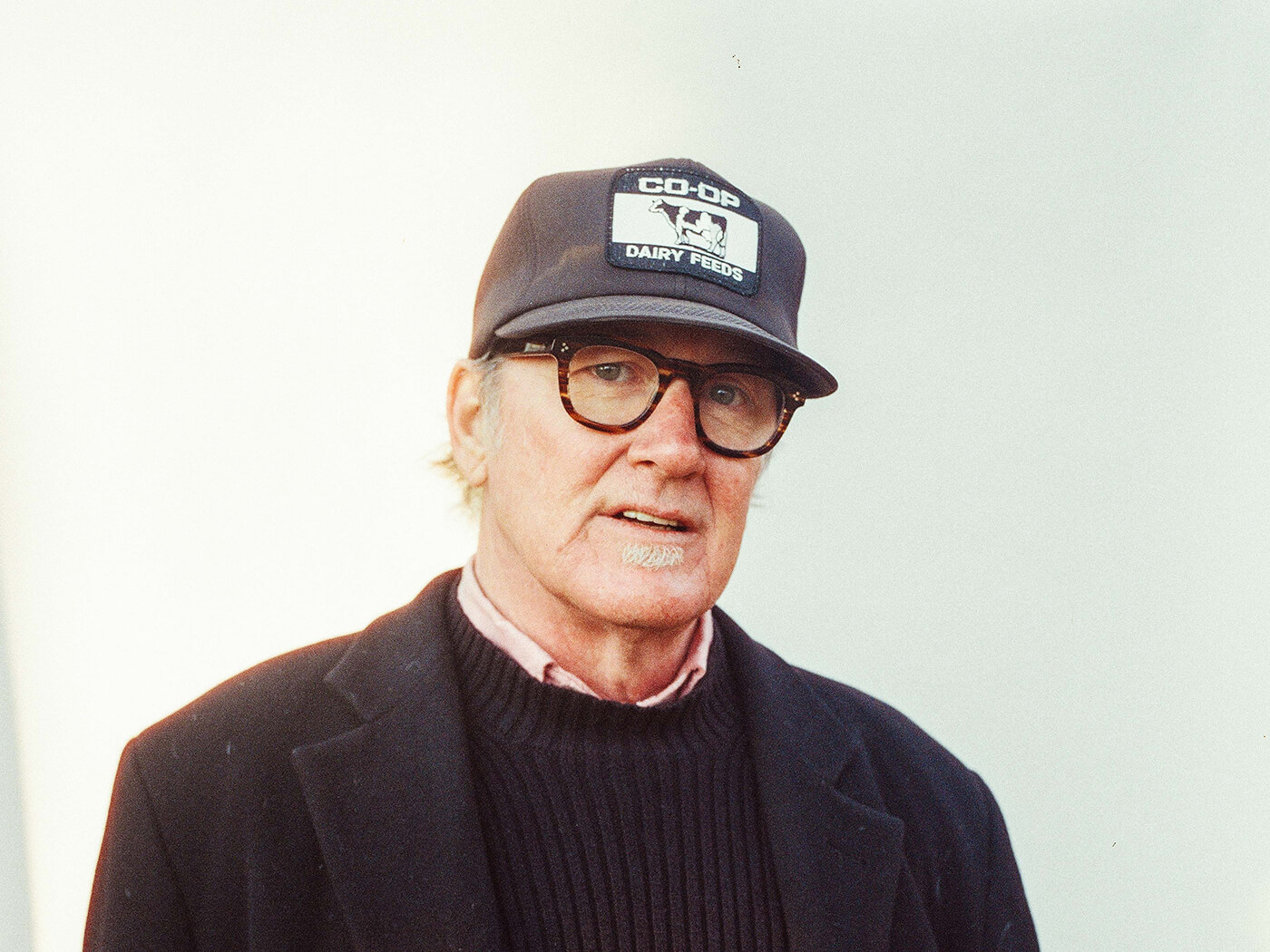CLICK HERE TO GET THE NEW UNCUT DELIVERED DIRECT TO YOUR DOOR
Bob Dylan (plus our exclusive Dylan covers CD), Paul Weller, Marianne Faithfull, Stephen Stills, Spiritualized, Can, The Strokes, Matt Sweeney & Bonnie ‘Prince’ Billy, James, UB40, My Bloody Valentine, the Plastic Ono Band and Sun Ra all feature in the new Uncut, dated June 2021 and in UK shops from April 15 or available to buy online now. As always, the issue comes with a free CD, this time an exclusive album of all-new Dylan covers and a previously unreleased track by the man himself.
BOB DYLAN: To celebrate his upcoming 80th birthday, we’ve asked friends, collaborator and admirers – including Paul McCartney, Robbie Robertson, Jackson Browne, Roger McGuinn, Jeff Tweedy, Van Morrison, Graham Nash, Kris Kristofferson, Elton John, Peggy Seeger, Roger Daltrey and Richard Thompson – to share their most memorable Dylan encounters with us. Spanning six decades, these remarkable stories shed new light on rock’s most capricious and elusive genius.
OUR FREE CD! DYLAN REVISITED: 14 incredible Bob Dylan covers recorded especially for Uncut by The Flaming Lips, Low, Richard Thompson, Courtney Marie Andrews, Cowboy Junkies, Weyes Blood, Jason Lytle, Fatoumata Diawara, The Weather Station and more, plus a previously unreleased track, “Too Late (Acoustic Version)”, from Dylan himself.
This issue of Uncut is available to buy by clicking here – with FREE delivery to the UK and reduced delivery charges for the rest of the world.
Inside the issue, you’ll find:
PAUL WELLER: His new record, Fat Pop (Volume 1), is our Album Of The Month, and the Modfather also chats to us at length about online opinions, nature in bloom and making music in lockdown. “I don’t overthink things…”
MARIANNE FAITHFULL: After being hospitalised with Covid-19, rock’s most regal survivor went on to finish She Walks With Beauty with Warren Ellis. Here, she tells Uncut about recovery, Romantic poetry and how, perhaps, the ’60s weren’t all they were cracked up to be. “I really wasn’t a good muse…”
STEPHEN STILLS: The guitarist and singer-songwriter updates us on his life now, future plans, the new CSNY Deja Vu reissue, and his long friendship with Neil Young. “He was pretty hard to catch, but he’s still my best mate.”
SPIRITUALIZED: Jason Pierce answers your questions on spacesuits, Spacemen 3, memoirs, hedonism and more
CAN: As a new series of live albums highlights the group’s wild, incantatory performances, Irmin Schmidt and other eyewitnesses chart Can’s progress from the Croydon Greyhound to balmy nights in Arles, via freak-noise meltdowns and the the right kind of “psychic environment”…
MATT SWEENEY & BONNIE ‘PRINCE’ BILLY: Reuniting after 16 years, these two old friends tell Uncut about their new album Superwolves, the impact of David Berman and David Blaine on their work, and the influence of The Wizard Of Oz. “That’s my working motto,” laughs Will Oldham, “‘Get comfortable with the apocalypse…'”
JAMES: As they prepare to release a new album, All The Colours Of You, after having weathered the pandemic and personal loss, Uncut finds Tim Booth and his cohorts “still yearning for answers”
UB40: The making of “Food For Thought”
ST VINCENT: New album Daddy’s Gone is reviewed at length, while Annie Clark sheds light on the making of the record and why “every Steely Dan record” is key to some of her cherished memories
CLICK HERE TO GET THE NEW UNCUT DELIVERED DIRECT TO YOUR DOOR
In our expansive reviews section, we take a look at new records from Paul Weller, Mdou Moctar, St Vincent, Tony Joe White, Sons Of Kemet, Gruff Rhys, The Black Keys, Van Morrison, Iceage, Godspeed You! Black Emperor, Dorothea Paas and more, and archival releases from CSNY, Can, My Bloody Valentine, John Lennon & Yoko Ono, Sun Ra, Sharon Van Etten, Cath & Phil Tyler, Chuck Berry and others. We catch Waxahatchee and Osees live online; among the films, DVDs and TV programmes reviewed are Black Bear, Creation Stories, Sisters With Transistors, New Order’s Education Entertainment Recreation and Madness’ Before We Was We; while in books there’s Tracy Thorn, Rickie Lee Jones and Joel Selvin.
Our front section, meanwhile, features The National, Karen Dalton, Damon Locks, Polly Paulusma and Magic Roundabout while, at the end of the magazine, Earl Slick reveals the records that have soundtracked his life.
You can pick up a copy of Uncut in the usual places, where open. But otherwise, readers all over the world can order a copy from here.
For more information on all the different ways to keep reading Uncut during lockdown, click here.


